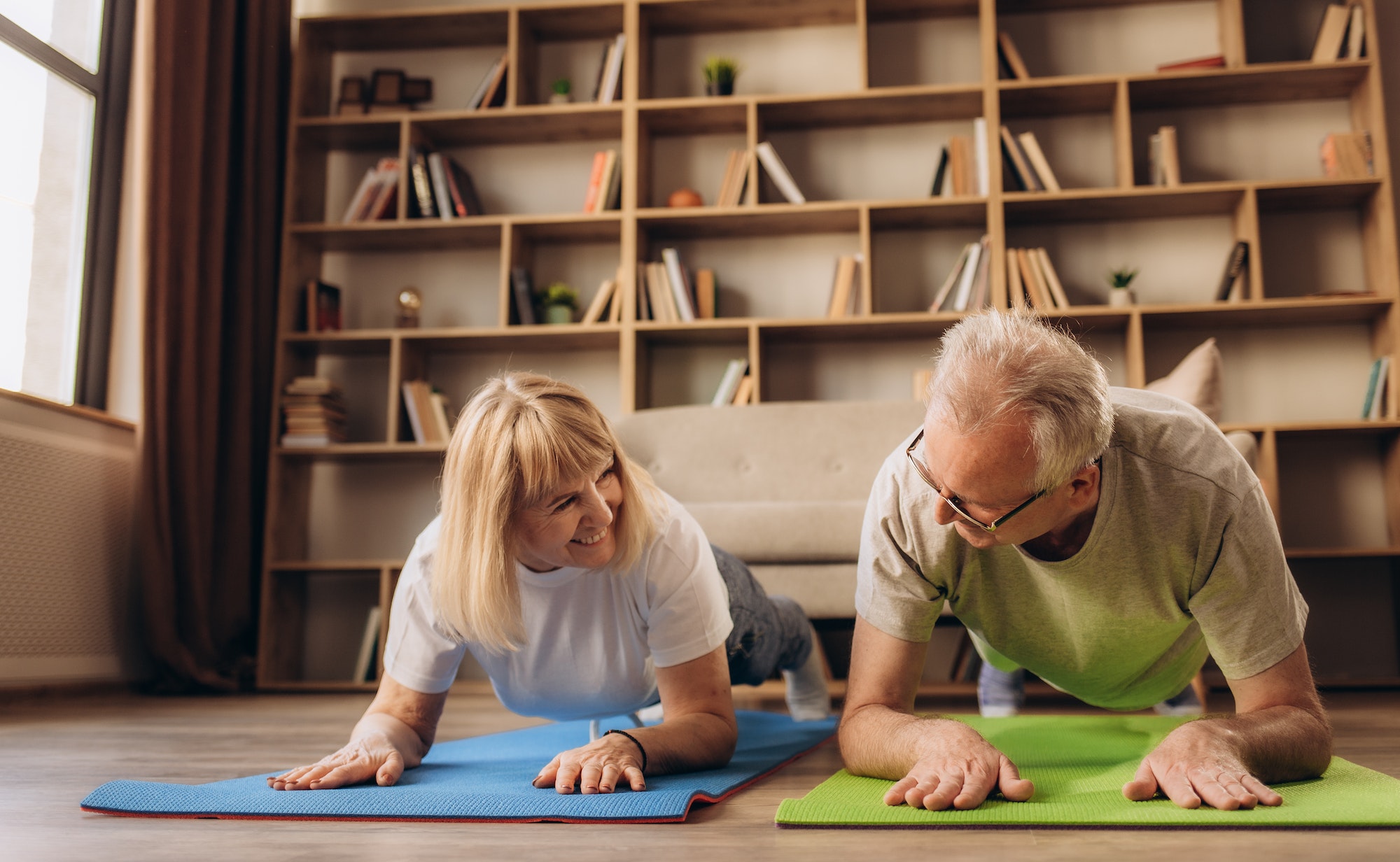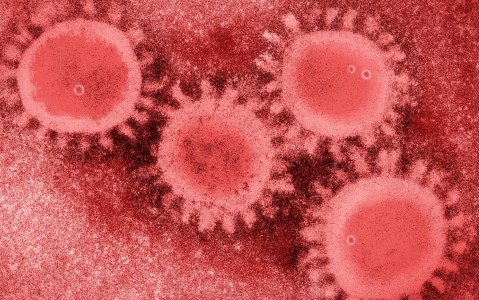
Do these 6 things if you’re quarantined at home
Self-quarantine is a preventive measure. It’s a way to keep somebody who might have been exposed to an infectious disease from transmitting it to others. In other words, quarantine is something we use for patients who aren’t sick but may become sick. If you’ve been advised by a health care provider to go into quarantine or if you’re opting to do it on your own, there are some things you can do to care for yourself at home.
1. Meals and Household Items
Make sure you have everything you need to go about your daily life during the recommended quarantine period. This includes food, medication, toiletries and other household items. You really want to avoid having to leave your quarantine area to do grocery shopping, refill medications or purchase basic necessities.
2. Keep a Diary
Write down how you feel every day. It’s one of the easiest ways we can identify subtle trends that we wouldn’t be aware of if we weren’t logging them. In the case of COVID-19, look for basic cold and flu symptoms such as runny nose, congestion, cough, shortness of breath, fever and sometimes gastrointestinal issues.
3. Stay Active and Busy
Quarantine can be a pretty lonely place, so you want to make sure you have ways to keep yourself busy. This could be with a few good books, movies or streaming services. There are so many opportunities to interact with people virtually through social media channels and video messaging services. You should also do things to help you stay healthy. Exercise, eat a healthy diet and stay hydrated. Watch your sleep habits too. Don’t stay up all night and sleep through the day.
4. Practice Social Distancing at Home
We control the primary means for viruses to access our bodies and make us sick, so the best thing you can do is hand hygiene, hand hygiene, hand hygiene. Wash your hands for 20 seconds with soap and water or use hand sanitizer when appropriate. You don’t need to wear a mask or be confined to a room. You can co-exist in a shared space. You do want to be cautious that you’re not providing an opportunity for sneezing or coughing on each other. And make sure you’re not sharing food or drinks.
5. Clean High-Touch Surfaces
Think about the bathroom. Think about the sink. Think about door knobs. I’d recommend keeping things like that clean. And don’t forget your devices. We touch our phones constantly and, if you’re spending a lot of time at home, you’re probably touching your TV remote a lot. Wipe them down frequently to help prevent the spread of germs.
6. Call Your Health Care Provider
If you believe you’ve had a significant exposure, you should contact a health care provider. They can provide recommendations to keep you and your loved ones safe. And, if at any time you become uncomfortable with your symptoms, give them a call. If you’re in distress and are experiencing difficulty breathing, chest pain or confusion, call 911 or seek immediate medical attention in an emergency department.
Iahn Gonsenhauser is chief quality and patient safety officer at The Ohio State University Wexner Medical Center and assistant professor of internal medicine at The Ohio State University College of Medicine.





